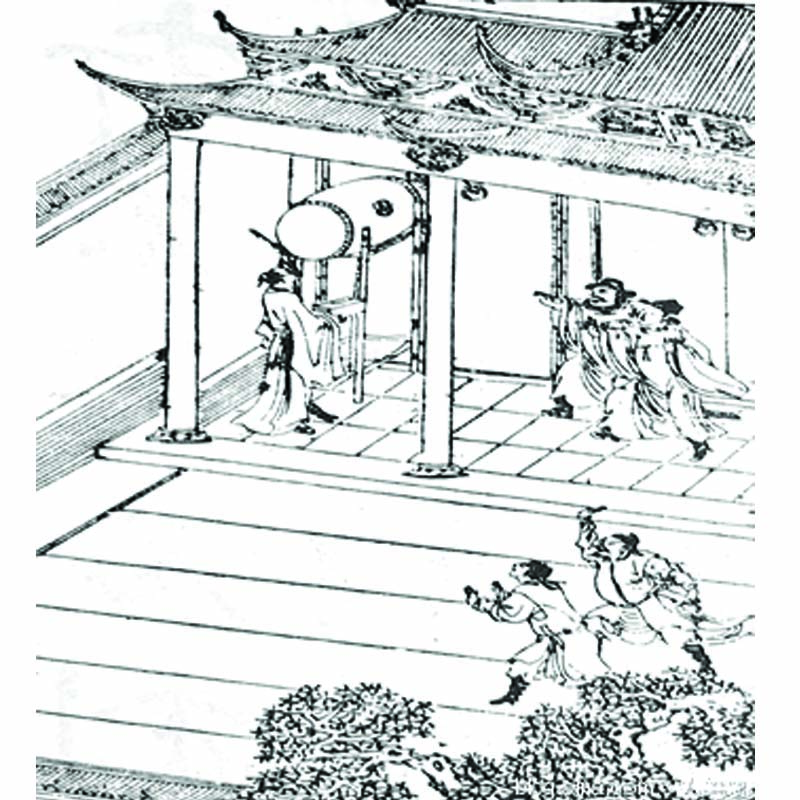The founding emperor of the Ming Dynasty (1363-1644), Zhu Yuan Zhang (朱元璋), followed the tradition of previous dynasties to set up the deng wen drum (登聞鼓) at the capital. The drum was for common people, government officials and employees to beat when they needed to bring to the imperial court’s attention grievances that had not been addressed.
In August 1391, Qing Wen Sheng (青文勝) of Kuizhou (夔州) assumed office in Long Yang (龍陽) county in Hunan province as county government secretary (典史). Long Yang, adjacent to the 400-square-kilometer Dong Ting Lake (洞庭湖) in Hunan province, the second biggest freshwater lake in China, often suffered from floods. So, while residents worked hard throughout the year to farm, they ended up with no harvest and were thus unable to pay their tributes to the government.
The collectors insisted on exacting tributes from the flood victims, however. Due to the many persecutions, the death toll kept increasing. Filled with deep grief and great indignation, Qin Wen Sheng went to the capital alone to report the people’s sufferings and rising number of deaths and appeal for their exemption from tributes.
Unfortunately, despite several successive memorials to the throne, nothing happened, not even a reply. Qing Wen Sheng looked up to the sky and heaved a deep sigh: “With this kind of situation, how can I face the elders and fellow villagers?”
He submitted a memorial to the throne once more and kept beating the deng wen drum until he died.
When Emperor Zhu Yuan Zhang learned how Qing Wen Sheng had sacrificed himself to help the people of Long Yang, he immediately decreed that the villagers be exempted from paying 24 cavans of rice as tribute and poor wives be given provisions from the rental proceeds of public farms.
In honor of Qing Wen Sheng, the Long Yang people built a temple in his honor and offered sacrifice in Spring and Autumn.
By 1586, the imperial court also ordered the officials of Long Yang to offer sacrifice in Spring and Autumn and the temple be named “Hui Lie (惠烈 Gracious Martyr)” Temple.
Categories
Qing Wen Sheng, the gracious martyr
